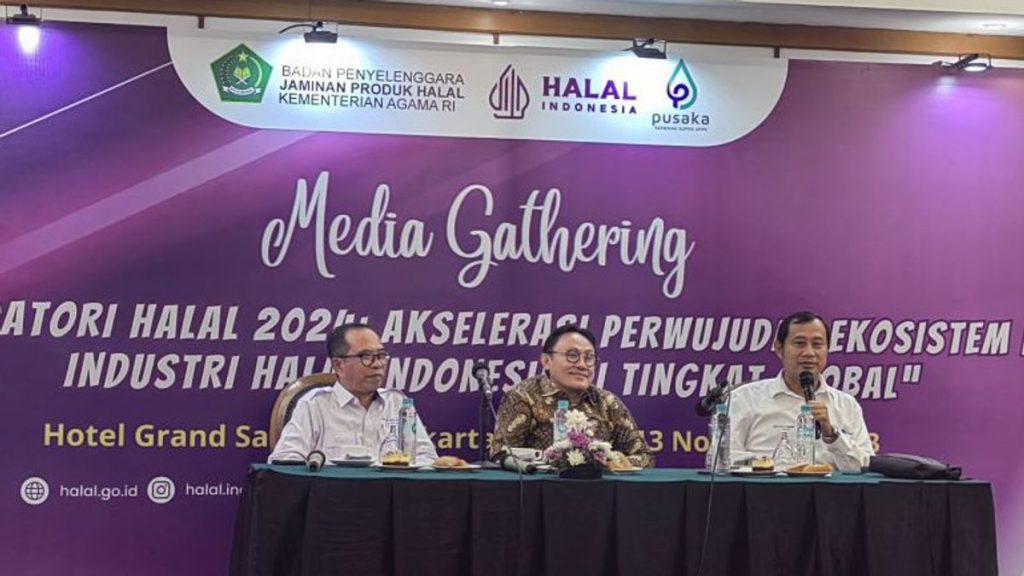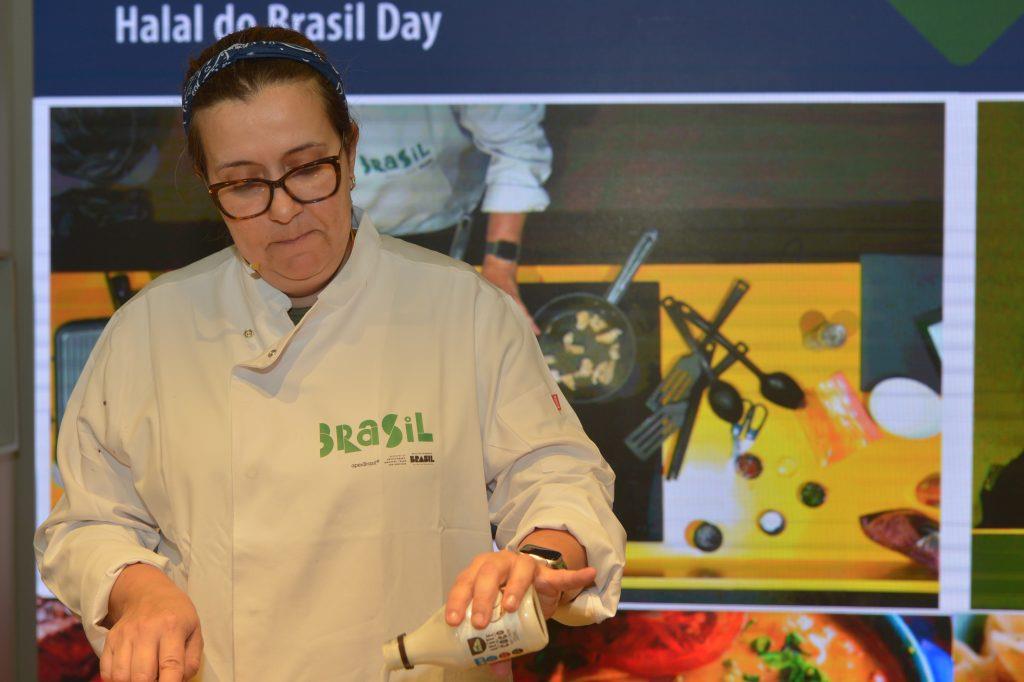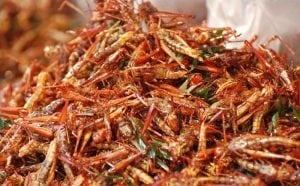01/07/2008-
SAFC
has obtained Halal certification for 200 more of its raw materials for
flavours to its range, bringing the total offering to 550 and acting as
a platform for sales on a global basis.
The
company, which is a division of fine chemical firm Sigma Aldrich,
launched its initial 350-strong Halal raw material offering last
October.
Dihn Phan, market segment manager, told
FoodNavigator.com at the IFT trade show in New Orleans, at which the
new additions were announced yesterday, that the latest move has been
driven by requests from customers for materials they would like to see
have Halal approval.
It
is a strong indication of the demand for Halal foods around the world –
and particularly amongst customers in the Middle East and Africa. Phan
said that globalization is a key driver in the marketplace.
“If you want to be a global supplier, you have to have Halal,” he said, adding that Sigma Aldrich has a presence in 34 countries.
Altogether,
the company offers 1700 aroma raw materials for flavour and fragrance
products. Of these, 250 are food grade and the rest are described as
‘high quality’.
Now, all the food grade products are certified
as Kosher and Halal. In addition, 1100 products are Kosher Parve
certified, 200 are natural and 180 are essential oils.
SAFC is able to supply raw materials in hard-to-find amounts – that is, less than 25kg.
The
next step will be to work towards more products being sold as food
grade – and for this, the priority will be on those high quality
materials that are already kosher and Halal.
“In addition
to religious tradition, the Halal qualification provides food
technology and flavor organizations with an additional degree of
quality assurance,” reckons the firm.
The new Halal
products can now be offered thanks to certification of SAFC’s
facilities by the Islamic Food and Nutrition Council of America
(IFANCA), in line with its standard for food additives.
Since
SAFC buys in some of its materials, the increase in the Halal offering
has meant that suppliers have also had to be audited for Halal
standards.
Phan said that there are cases when the Halal shift has necessitated a change in supplier, but in general “most have been happy to get certified”. Indeed, if possible SAFC strives to stick with the same suppliers, since a change could result in a change in the aroma note.
According
to Dewi Hartaty Suratty, head of the Halal Certification Strategic Unit
at Majlis Ungara Islam Singapura (MUIS) who spoke at a symposium
organized by SAFC last October, the global Halal food market is worth
more than US$560bn.
On average, one in four of the world’s
estimated 900m to 1.3bn Muslims eat Halal food, meaning there is a
massive market for food companies and the ingredients companies that
supply them, she said.



